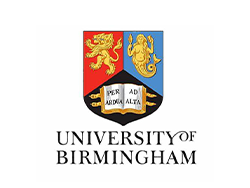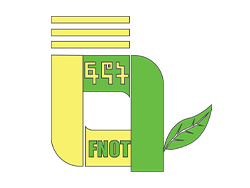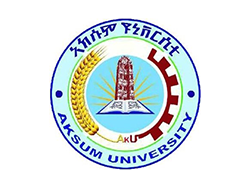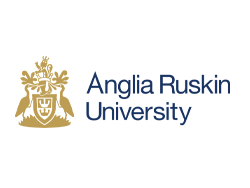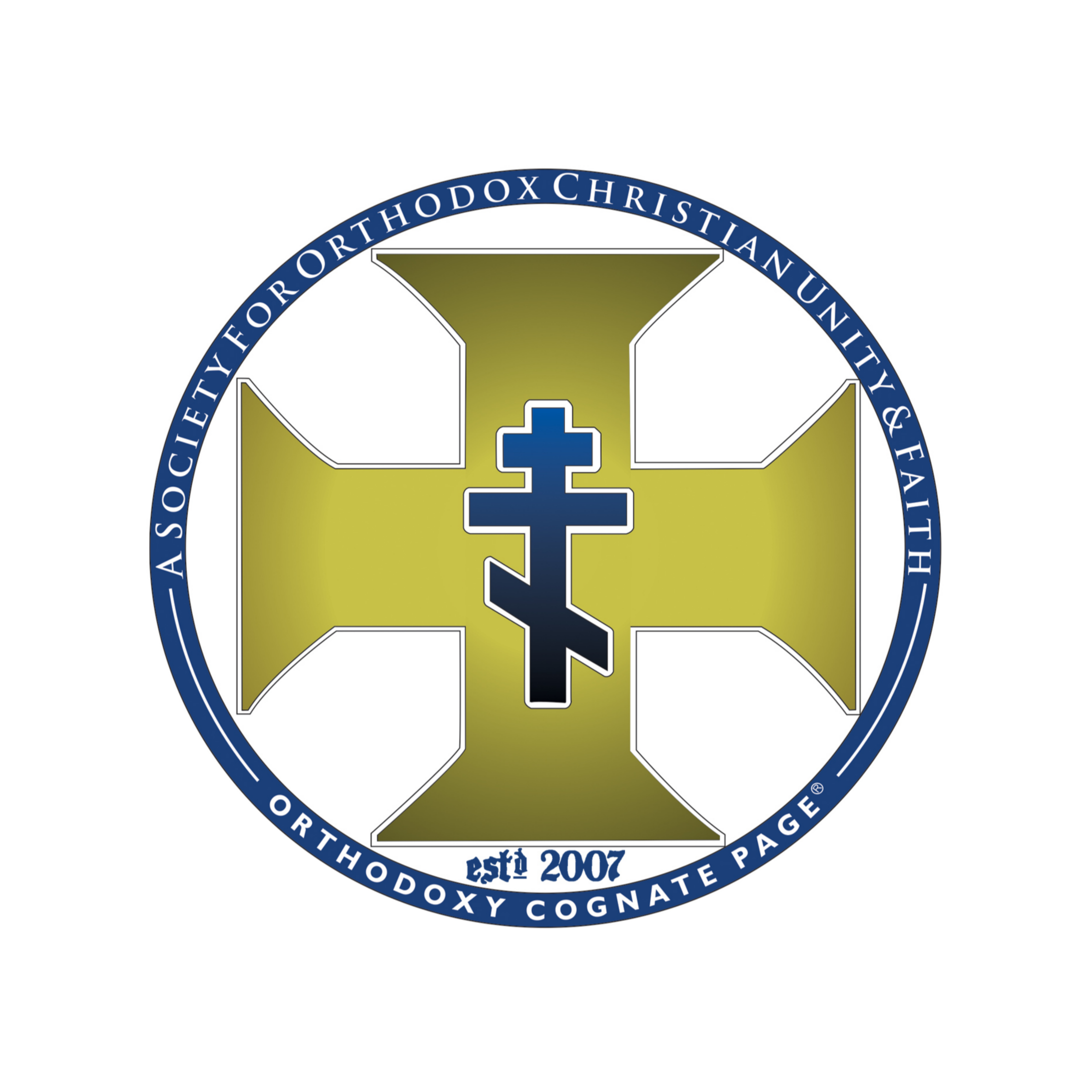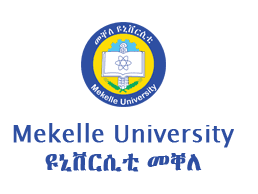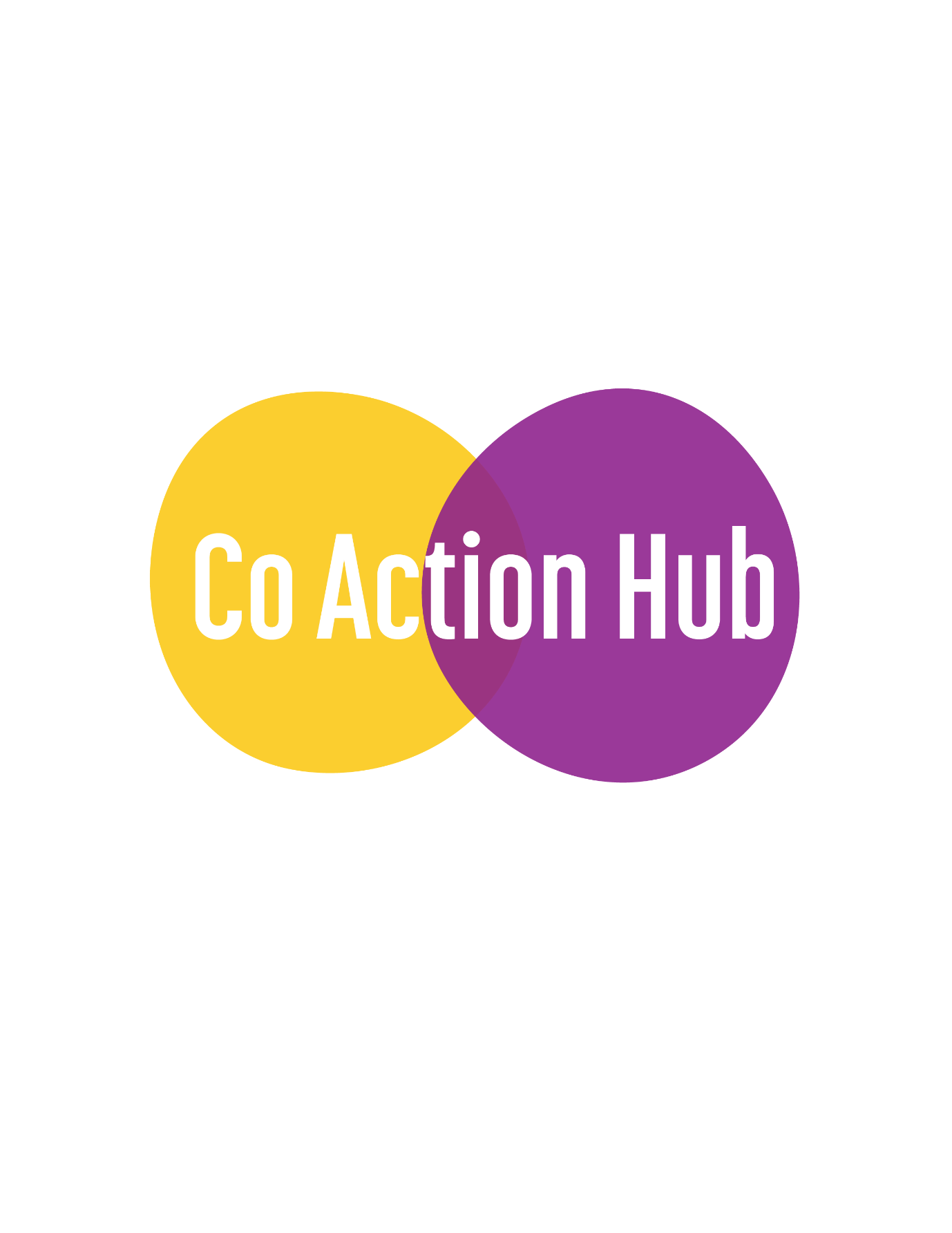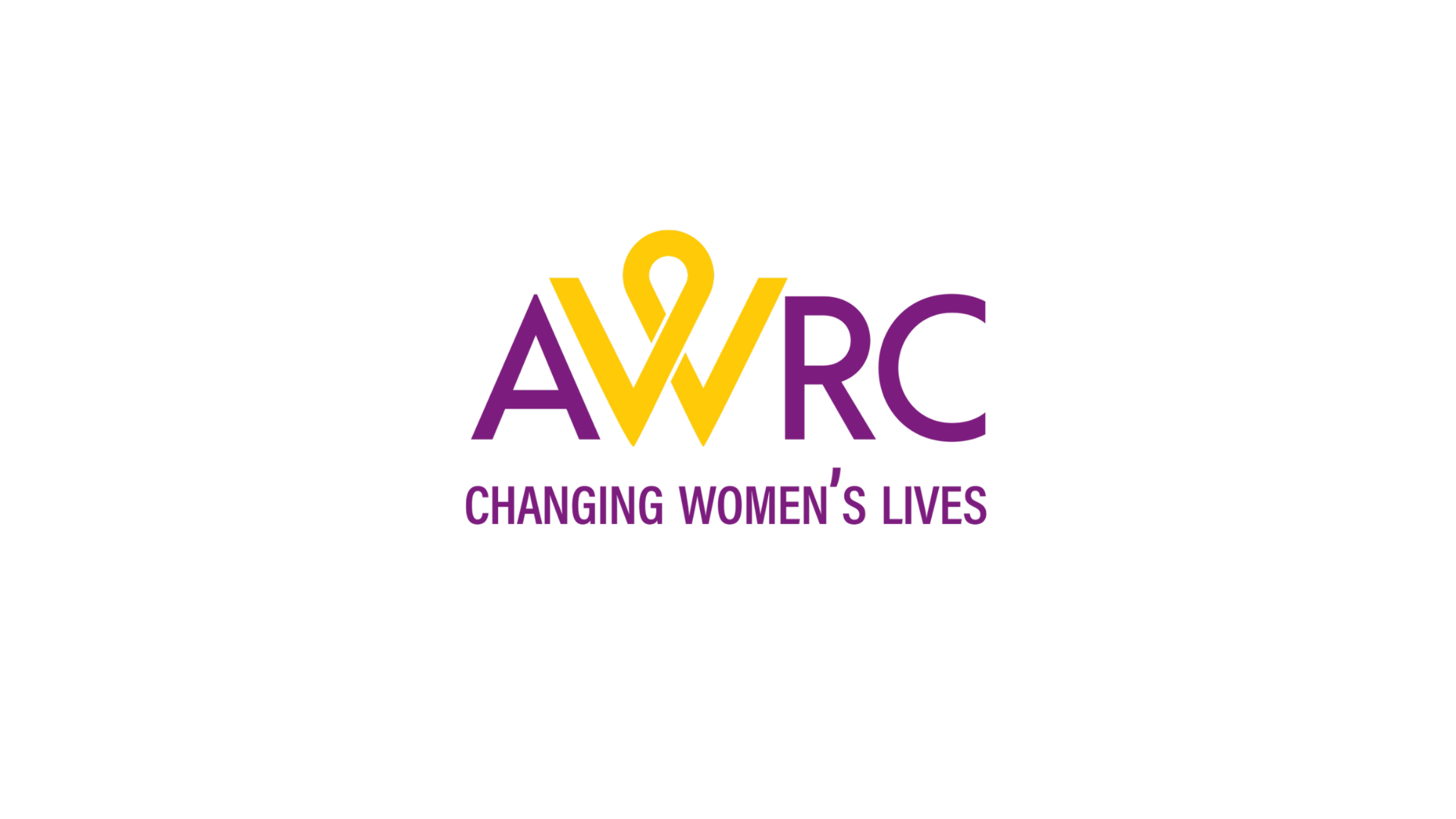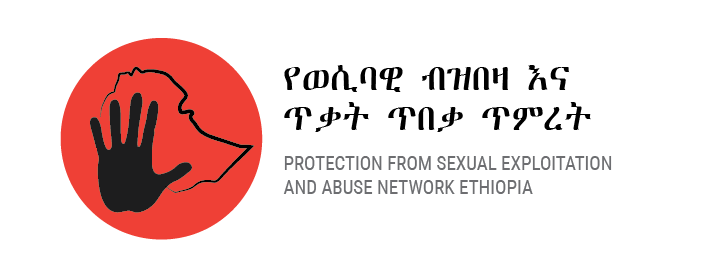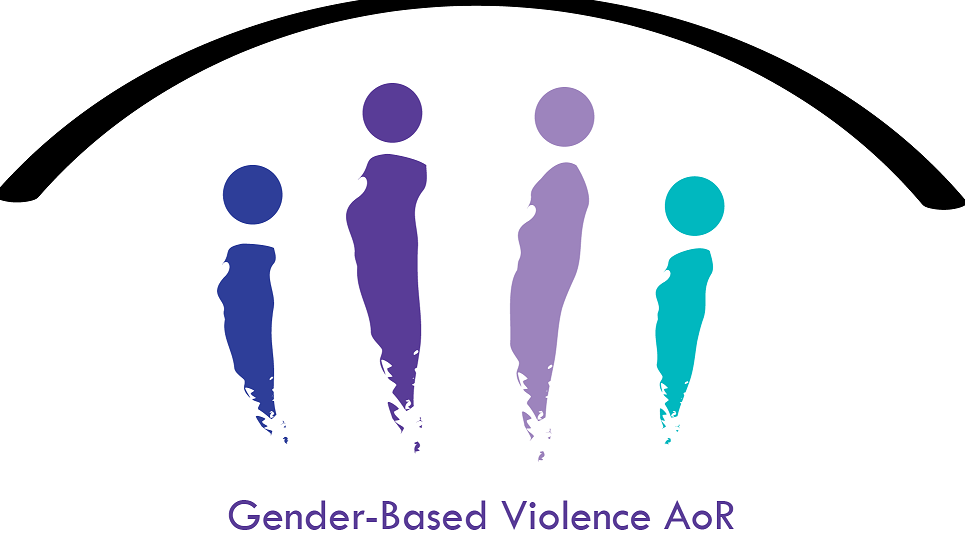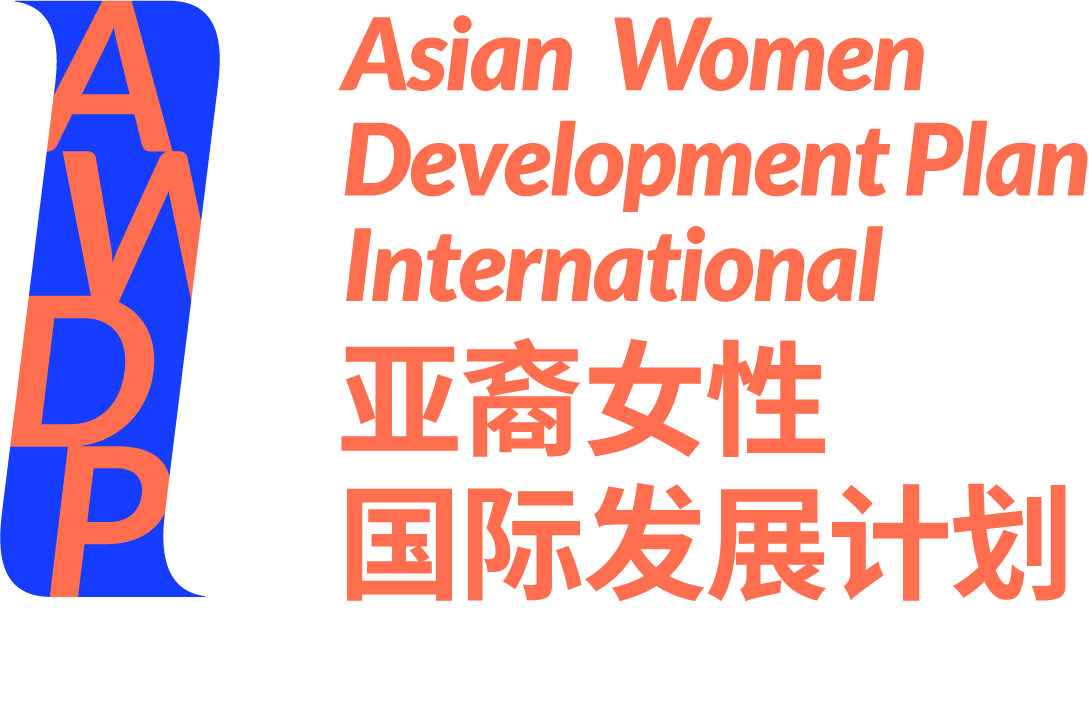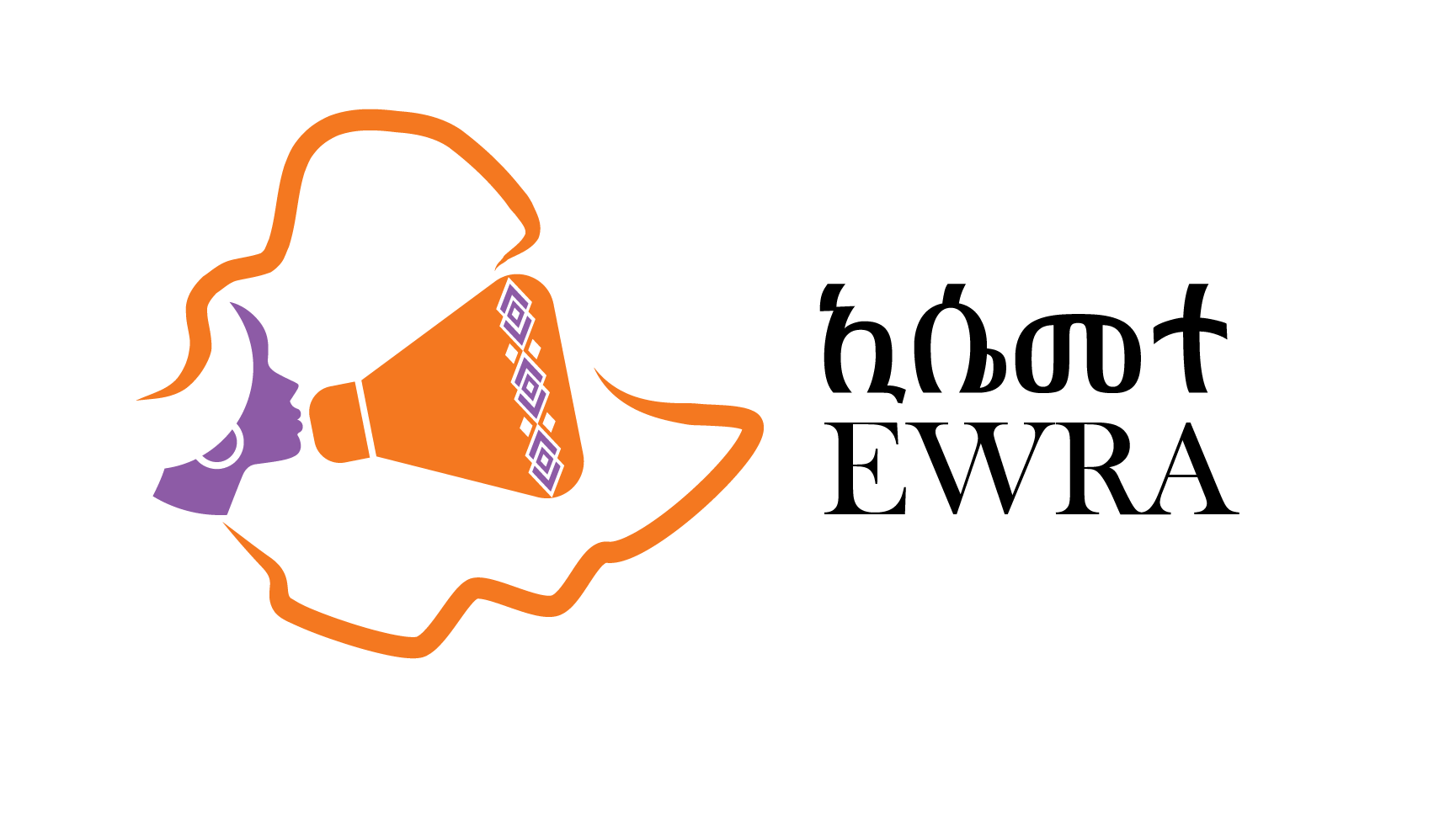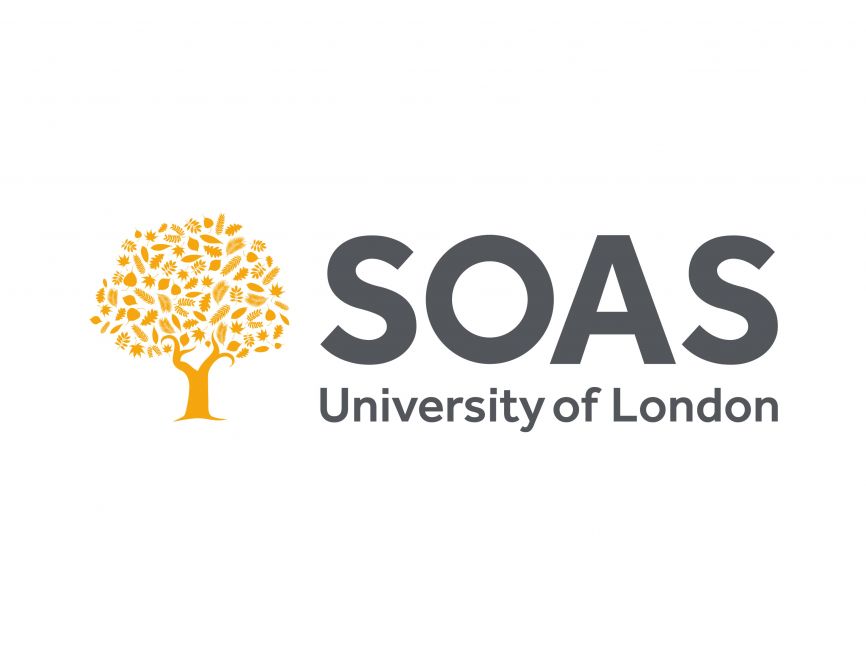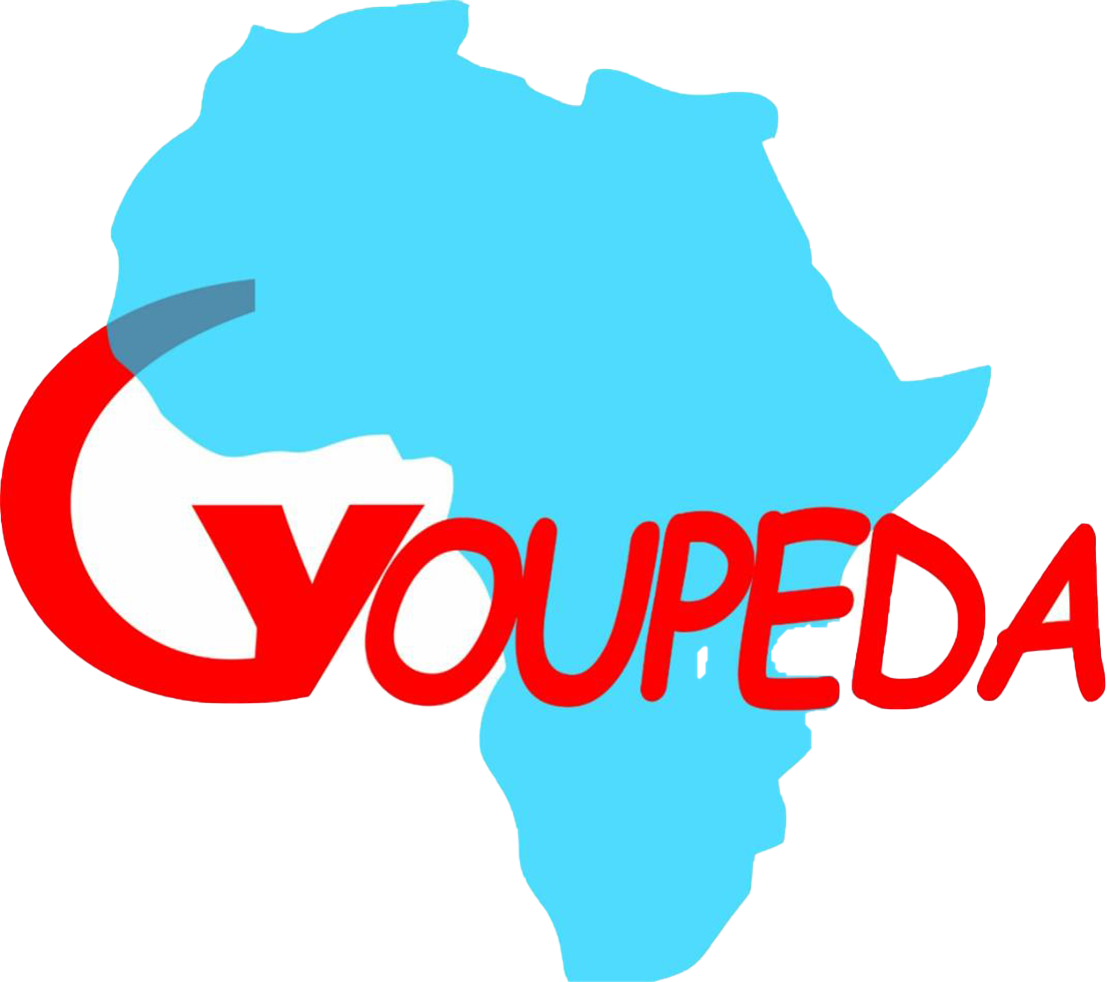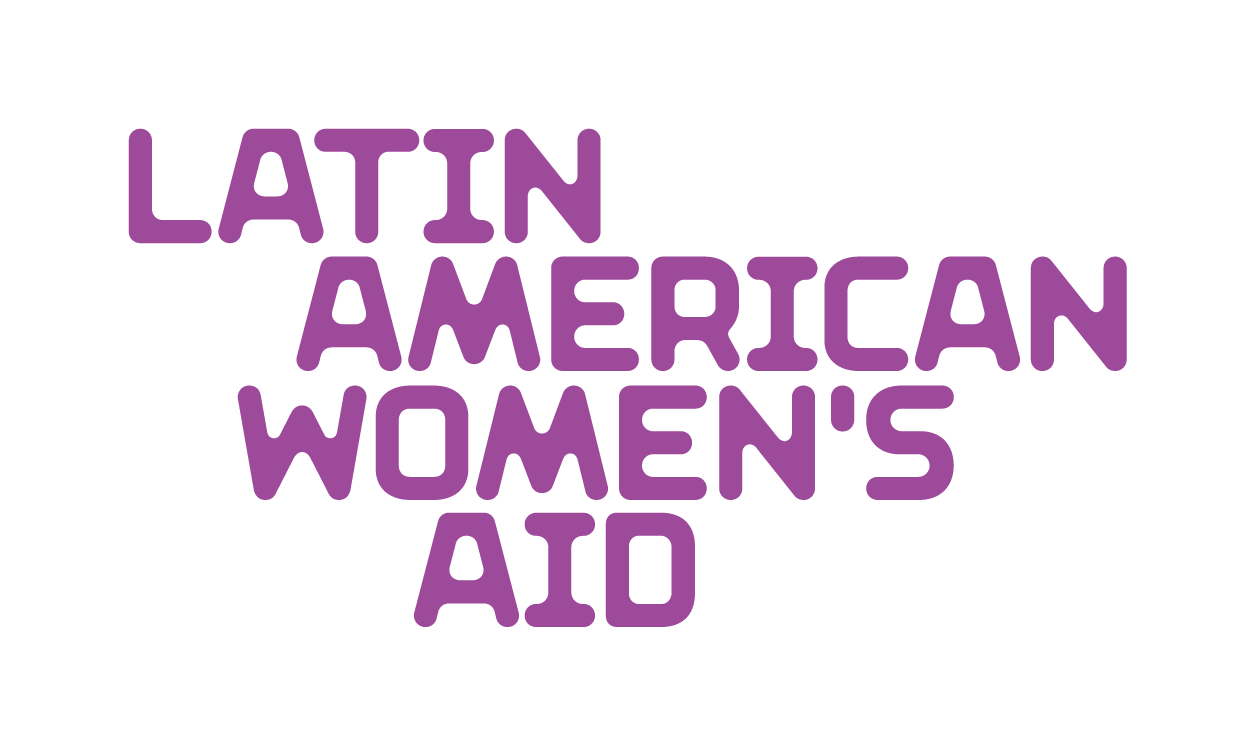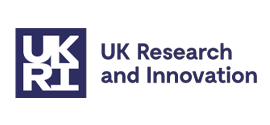Get to know us
Our team covers expertise in multiple languages, cultural contexts, religious traditions and theological hermeneutics and has direct links to an extensive list of grassroots partners and communities of practice around the world.
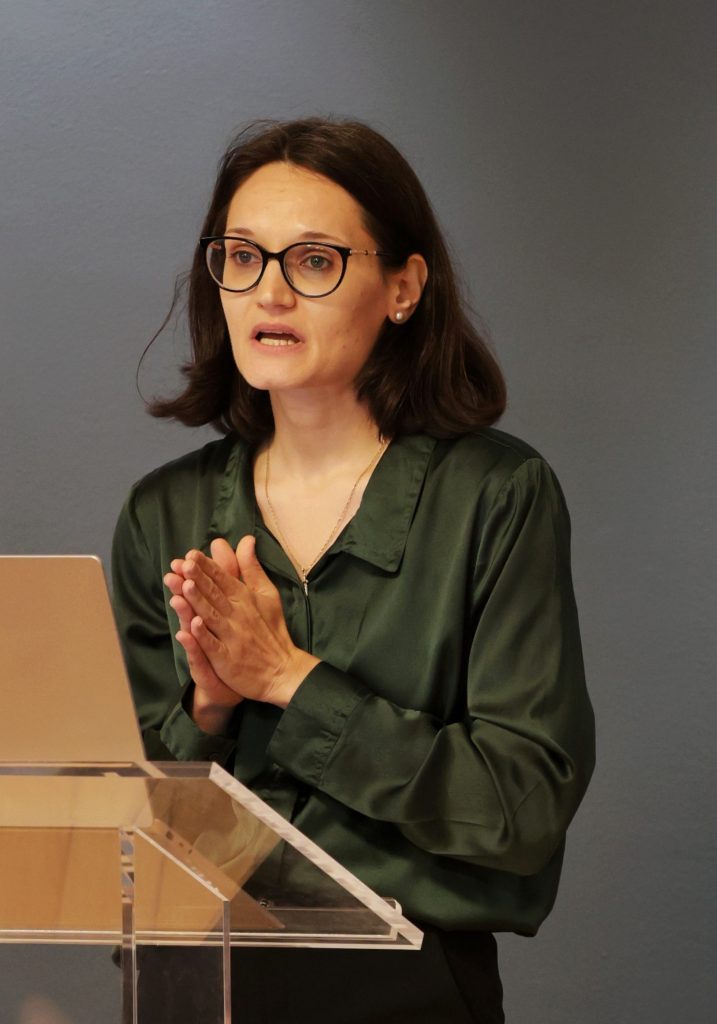
Our Core Team
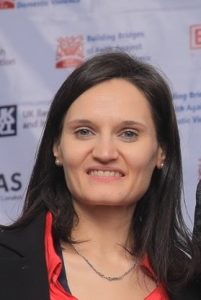
Dr Romina Istratii
Founding Executive Director

Dr Romina Istratii
Founding Executive Director
Dr Romina Istratii is Founding Director of the Institute of Domestic Violence, Religion & Migration (IDVRM) C.I.C. and Research Fellow at the Institute for Christian Orthodox Studies (ICOS) in Cambridge. Until May 2025, she was UKRI Future Leaders Fellow and Lecturer in religion, international development and violence at the School of History, Religions and Philosophies at SOAS University of London and acted as co-chair of the SOAS Centre of World Christianity. Between 2020 and 2025, she acted as Principal Investigator of Project dldl/ ድልድል, a ~£1.8 million research and innovation project funded by UKRI dedicated to developing culturally sensitive and faith-informed responses to domestic violence in Africa and Europe. Dr Istratii has 15 years’ experience conducting and leading impact-oriented research and specialises in research and intervention responses to domestic violence and interconnected forms of violence in religious, ethnic minority and migrant communities in Africa and Europe. Dr Istratii has been at the forefront of decolonisation debates in international research and development, focusing on epistemological reflexivity, decolonial ethics and equitable collaboration models. She has published novel interdisciplinary research crossing development studies, religious studies, anthropology, gender-based violence studies and decolonisation studies with over 130 publications under her ORCID ID. Dr Istratii currently sits in the Team of Experts of the UK’s Civilian Stabilisation Unit for Preventing Sexual violence in Conflict and is a regular speaker on topics related to research ethics, decolonisation and international partnerships for prominent UK research bodies.
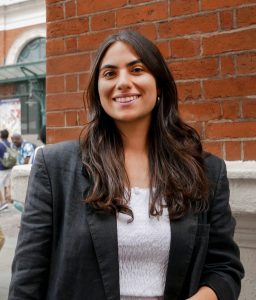
Mayra Teck Ascurra
Non-executive Director – Development & Fundraising

Mayra Teck Ascurra
Non-executive Director – Development & Fundraising
Mayra Teck Ascurra is Non-executive Director, contributing Development & Fundraising expertise at the Institute of Domestic Violence, Religion & Migration. Born in Lima and based in London, Mayra brings a global perspective shaped by her personal experience of migration and is currently a Violence Against Women and Girls (VAWG) practitioner for a leading Latin American gender-based violence non-governmental organisation in the UK. Motivated by providing a culturally appropriate response to VAWG, she provides trauma-informed and linguistically accessible support, advocacy, and advice for Latin American, Black and Minoritised victims and survivors. Mayra’s primary focus concerns the intersection of gender, violence, and sexual and reproductive health, with an emphasis on how these issues are shaped by and interact within social and cultural contexts.
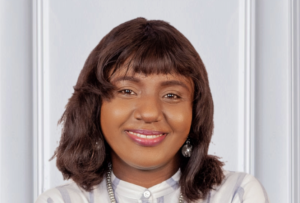
Fisayo Onaseso
Research Associate & Centre Co-Lead

Fisayo Onaseso
Research Associate & Centre Co-Lead
Fisayo Onaseso is an Honorary Research Associate at IDVRM. She is passionate about development-oriented research that provides sustainable solutions to societal problems, especially when they affect the most vulnerable in society. She holds a bachelor’s degree in Religion and African Culture from Adekunle Ajasin University, Ondo, Nigeria and a master’s degree in Religion and Culture from Memorial University of Newfoundland, St John’s, Canada. Through the lens of religion, culture and an interdisciplinary approach, Fisayo tries to understand specific issues related to gender, religion, development, policies and interventions. She focuses on the lived experiences of people in migrant communities in the West and rural communities within Africa. Fisayo has collaborated with individuals and institutions to carry out solution-based research in communities where women and girls are physically, sexually, and emotionally abused due to insecurity, religious misinterpretation and cultural practices.
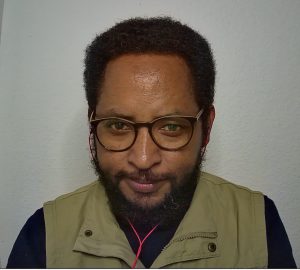
Woldegiorgis G. Teklay
Research Associate & Press and Media Officer

Woldegiorgis G. Teklay
Research Associate & Press and Media Officer
Woldegiorgis Ghebrehiwot Teklay is an Honorary Research Associate and Press and Media Officer at IDVRM. Trained in journalism and communication (BA, MA), he has worked across all media platforms. During his exile in Kenya following the 2020 war, he founded Yabele Media (formerly Axumite) and coordinated Radio Wegahta Tigray’s daily one-hour programs, serving the region during its total communication blackout. He previously taught journalism at Mekelle University and directed the university’s Corporate Communication and International Relations Office. As a doctoral researcher, he explores the weaponization of hate speech during the Tigray war through digital ethnography. He is also pursuing a Master of Theological Studies online. In addition, he holds certificates in Interreligious Studies and in Refugees and Forced Migration Studies. His research interests include journalism and media, hate studies, politics, religion, and migration.
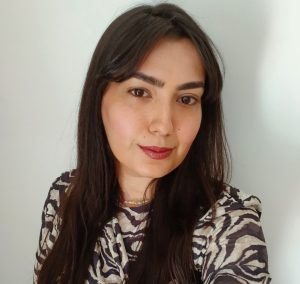
Olya K-Mehri
Strategic Partnerships Lead & Centre Lead

Olya K-Mehri
Strategic Partnerships Lead & Centre Lead
Olya is Strategic Partnerships Lead and one of our Centre Leads at the Institute of Domestic Violence, Religion & Migration. She brings an interdisciplinary perspective that bridges environmental ethics, public policy, and community practice. With a research background in interfaith dialogue and climate ethics, her work explores how diverse philosophical and spiritual traditions can inform justice-orientated approaches to environmental responsibility. She leads projects on just transition and inclusive climate policymaking, centring the experiences of marginalised communities. Her practice includes developing participatory tools that support culturally grounded, locally meaningful responses to climate impacts. As part of her research with the Institute, Olya focuses on climate adaptation and migration policy, critically examining how dominant frameworks on climate-induced displacement overlook gendered vulnerability, exploitation, and the conceptual gaps that leave displaced people without adequate protection.
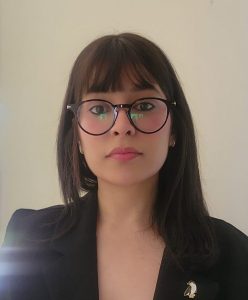
Dr Huda Syyed
Research Associate & Centre Lead

Dr Huda Syyed
Research Associate & Centre Lead
Dr Huda Syyed is an Early Career Researcher, Teaching Associate and Research Assistant working at the intersections of gender-based violence, bodily autonomy, culture, context and compassionate feminist research. She completed her PhD at Charles Darwin University, where she explored the experiences of Female Genital Cutting (FGC) among minority Muslim women in a Pakistani context, using postcolonial and intersectional feminist frameworks and political Islam theory. She completed her Masters in International Relations (IR) at QueenMary University in London and her Bachelors in IR from the University of Karachi in Pakistan. She is the founder of Sahara Sisters Collective which focuses on collaborative support, knowledge sharing and mentoring. Her academic and advocacy work are grounded in care, context and community. Her learning resource published in 2025 by Sage Research Methods is titled, “How to Conduct Intersectional Feminist Research with Sensitive Data in a Precarious Setting”.
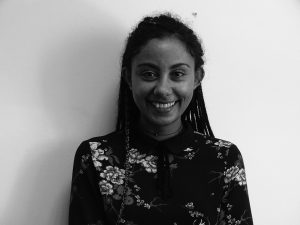
Meron Shawel Aychiluhim
Research Associate

Meron Shawel Aychiluhim
Research Associate
Meron Shawel Aychiluhim is a feminist political economy researcher whose work explores the intersections of gender-based violence, conflict, and development, with focus on localised and survivor-centred peacebuilding in East Africa. She recently completed an MSc in Violence, Conflict and Development at SOAS, University of London, where her dissertation analysed the escalation of sexual violence in the Tigray war as both a genocidal tactic and part of a broader continuum of structural violence. Alongside her research, she has supported human rights, gender equality, and social protection programmes and participated in field missions addressing women’s and minority inclusion in Eastern Europe, humanitarian assistance with displaced communities in Turkey, and HR support within humanitarian operations. Her work integrates feminist and decolonial perspectives on post-conflict recovery and survivor-centred justice. At IDVRM, Meron contributes to the Centre for Conflict-Related Sexual Violence and Faith-Sensitive Responses, with collaborative interests in migration, climate, and transformative justice.
Our Experts
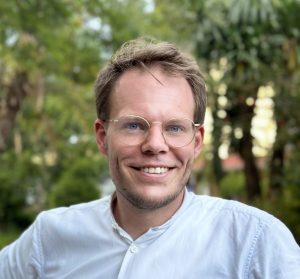
Benjamin Kalkum
Practice Expert

Benjamin Kalkum
Practice Expert
Benjamin Kalkum is researching religion and gender norms, particularly masculinity norms, in Sub-Saharan Africa. He has worked in Ghana, Zambia and Ethiopia on topics such as HIV prevention, early pregnancy and sexuality education, always with a focus on the intersection of gender and religion. For example, during his time in Zambia, he became curious about the teachings of local traditional marriage counsellors, and in Ethiopia, he investigated the potential of religion as a positive resource for SGBV survivors and the inclusion of religious actors in response programs. Benjamin was a research associate to Project dldl/ድልድል before joining IDVRM.
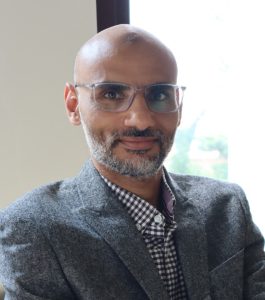
Dr Mahmoud Ali Gomaa Afifi
Academic Expert

Dr Mahmoud Ali Gomaa Afifi
Academic Expert
Dr Mahmoud Ali Gomaa Afifi is a specialist in contemporary Islamic studies, Quranic interpretation, Islamic law, Islam in the UK and Islamic feminism. He received his PhD in Religious Studies from Lancaster University in 2023, with his thesis addressing how imams in the UK interpret Qur'ān 4:34 in connection with their practical treatment of wife abuse. He previously acted as postdoctoral researcher for Project dldl/ድልድል at SOAS University of London, and collaborated with Dr Romina Istratii on a research project that examined the feasibility of developing an interfaith approach toward domestic violence in Egypt and Ethiopia. Dr Afifi is currently a collaborator in the Institute’s programme DEVELOPING INTER-FAITH APPROACHES FOR CLERGY TRAINING ON DOMESTIC VIOLENCE.
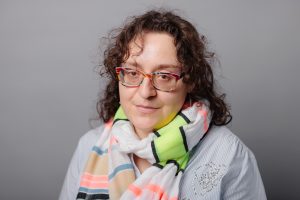
Dr Natalia Paszkiewicz
Academic Expert

Dr Natalia Paszkiewicz
Academic Expert
Dr Natalia Paszkiewicz is a Research Fellow working on ‘Making Aid Work for Displaced Women’ project. She has joined the team following twenty years of work with migrants and refugees in different capacities, including as a researcher and as a practitioner in NGO and humanitarian sectors. Natalia is committed to applied anthropology and interdisciplinary research aimed at transforming structures which govern forced migration, with a focus on women seeking protection. In her previous role as Project Manager, she worked on the UKRI-funded research and innovation project ‘Bridging religious studies, gender & development and public health to address domestic violence: A novel approach for Ethiopia, Eritrea and the UK’ at SOAS University of London. The project was dedicated to the development and strengthening of religio-culturally sensitive domestic violence alleviation systems. Dr Paszkiewicz completed her PhD in Social Policy at the University of Brighton, and her thesis explored the intersection between UK asylum policy and statutory social services responses to asylum seekers and refugees in the theoretical framework of ethics of care.
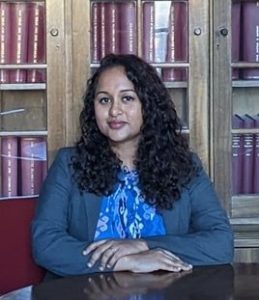
Dr Mirna Guha
Academic Expert

Dr Mirna Guha
Academic Expert
Dr Mirna Guha is a political sociologist who researches experiences of gendered violence and social injustice in the lives of survivors from racially and culturally diverse communities globally. In the UK, she specialises in collaborative research with statutory, voluntary and community organisations to inform and evaluate the impact of specialist domestic abuse services for socio-economically marginalised victims-survivors. Currently, Mirna is leading a Medical Research Council research grant to foster the leadership of Black and racialised women working within the VAWDASV sector and generate evidence on the impact of burgeoning specialist services for survivors from these communities in East England.
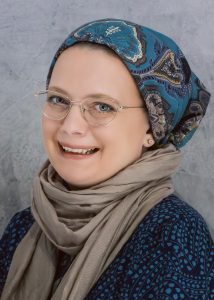
Dr Sandra Pertek
Academic Expert

Dr Sandra Pertek
Academic Expert
Dr Sandra Pertek is UKRI Future Leaders Fellow at the School of Government and School of Social Policy, and Senior Research Fellow at the International Development Department at the University of Birmingham. Previously, she was Lecturer at the Institute for Global Health and Development, Queen Margaret University and Teaching Fellow (POLSIS) and ESRC Postdoctoral Fellow at the University of Birmingham, following her role as an Impact and Policy Fellow in the SEREDA project at the Institute for Research into Superdiversity (IRiS), where she is actively affiliated. Dr Pertek is a co-investigator to the Institute’s programme INTEGRATING DOMESTIC VIOLENCE RESEARCH IN MIGRATION PATHWAYS.
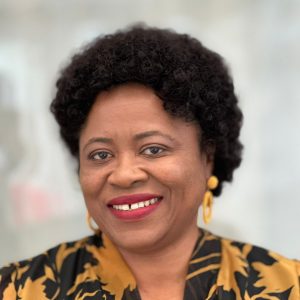
Dr Pamela Aben Shelley
Research and Practice Expert

Dr Pamela Aben Shelley
Research and Practice Expert
Dr Pamela Aben Shelley specialises in the intersection of Christianity and intimate partner violence. In 2023, she earned her PhD in Public Health and Health Promotion from Brunel University London. Her thesis focused on intimate partner violence within the African Christian community in the United Kingdom. Dr Shelley actively engages with African-majority churches in England to raise awareness about intimate partner violence and encourage discussions surrounding faith, abuse and support. She is a clinical research nurse at the Women's Health Research Department at University College London Hospitals. Dr Shelley previously worked as a midwife at Rosie Hospital in Cambridge and as a contract health and disability nurse assessor for the Department for Work and Pensions. Her personal experiences and professional background shape her research and practice. She focuses on intimate partner violence in Christian and ethnic minority communities, women's health, and health promotion.
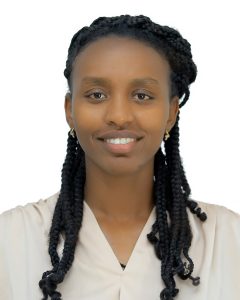
Selam Reta
Practice Expert

Selam Reta
Practice Expert
Selamawit Reta has a strong interest in Eastern and Western philosophy, with a focus on understanding the state of being and its social implications. She holds a Bachelor's Degree in Theology from Holy Trinity Theological University and is pursuing a Master's in Theology from Agora University. Professionally, she is a Software Project Manager, with a BSc in Computer Engineering and an MBA. Selamawit is passionate about exploring social conditions and their theological significance.
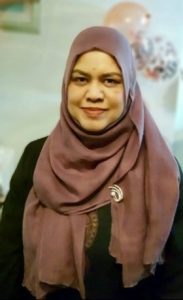
Dr Aysha Ahmed
Research and Practice Expert

Dr Aysha Ahmed
Research and Practice Expert
Dr Aysha Ahmed is an experienced academic researcher and has completed her research on domestic Violence and experiences of Bangladeshi women in the UK. She works as an independent researcher and has published research on domestic violence and Bangladeshi women, and faith. Her professional expertise includes working in statutory and academic research settings and is an expert in working with South Asian communities in addressing harmful practices. Dr Ahmed is a registered social worker with Social Work England and has over 35 years of experience in working with children safeguarding and social care management. She is the founder and director of AASHA. Previously Dr Ahmed supported Project dldl/ድልድል as a community-based researcher.
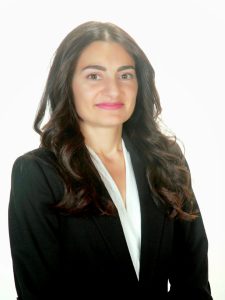
Dr Shilan Fuad
Academic Expert

Dr Shilan Fuad
Academic Expert
Dr Shilan Fuad Hussain is currently a Marie Sklodowska-Curie Postdoctoral Fellow in Gender Studies and Cultural Analysis and a Senior Consultant for gender-related issues in society. She is an Associate Fellow of the Higher Education Academy. She is an interdisciplinary academic and works on a variety of topics, among them: cultural representation, production, and practices; gender-based violence and women’s human rights; state policies enhancing female equality; FGM, sexuality, and arranged/forced marriages; the social impacts of masculinity; and multi-identity in the diaspora – which are topics that mirror her published papers.
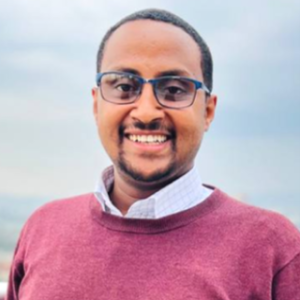
Henok Hailu
Research and Practice Expert

Henok Hailu
Research and Practice Expert
Henok Hailu, is a Faculty at the Department of Psychiatry, Addis Ababa University, Ethiopia. He is a currently attending PhD in Clinical Psychology, Nasarawa State University Nigeria. He is also the current president of Ethiopian Psychologist’s Association and Executive committee Member of Pan African Psychological Union PAPU. Henok is Young Clinician and researcher in the area of mental health with a focus on indigenizing mental health concepts in to the local (African) context and religion. He has 10+ years’ experience of work.
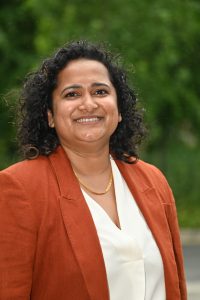
Dr Arpita Chakraborty
Academic Expert

Dr Arpita Chakraborty
Academic Expert
she has led three research projects worth more than €500,000 funded by the Irish Research Council, and Ireland India Institute, and collaborated on international research projects with colleagues at Goldsmiths, University of London, Tampere University, Lucerne University, ActionAid Ireland, ActionAid Nepal. She has created and taught modules on postcolonial politics, gender studies and masculinity studies. In her former role as an Editor, she oversaw the production of 13 top rated academic journals from Sage Publications.
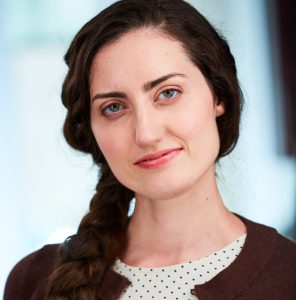
Varvara Gulina
Research and Practice Expert & Centre Co-Lead

Varvara Gulina
Research and Practice Expert & Centre Co-Lead
Varvara Gulina is a researcher and advocate specialising in gender-based violence and psychological experiences of girls and women across cultures. She was Principal Investigator of a study on women’s belittlement and self-silencing, which earned her the Women in California Leadership Award. Her works spans abuse in the Orthodox Church, adolescent dating violence, trafficking survivors’ perceptions of abuse, and negative cognitive schemas in women. Varvara earned her BA in Psychology from California State University Fullerton and her MPH from the University of Colorado Anschutz, with a focus on Leadership and Public Health Practice. She is currently a PhD student in the School of Social Work at San Diego State University, where she investigates the intersection of violence against women and substance use disorders. Varvara uses her voice to advocate for women and girls and aims to advance restorative justice – helping to create spaces of healing and hope around the world.
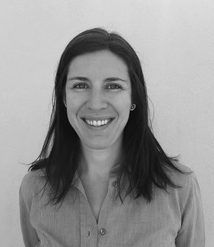
Danielle Kitchingman-Roy
Practice Expert

Danielle Kitchingman-Roy
Practice Expert
Danielle is a senior evaluation specialist with over a decade of experience leading multi-country evaluations, strategic reviews, and programme assessments in humanitarian and development contexts. She has worked with organisations including DRC, IOM, NRC, ActionAid UK, and ACF, covering areas such as gender equality, humanitarian aid, education, and capacity building. She is skilled in qualitative, quantitative, and mixed-methods approaches and in designing participatory, gender-responsive methodologies aligned with UNEG and UN Women standards. Her work applies participatory research principles to ensure inclusivity, cultural sensitivity, and stakeholder engagement. Danielle has facilitated workshops, engaged with stakeholders from community to policy level, and synthesised findings into clear, actionable recommendations. She is fluent in English and French and holds a BA in Political Science from McMaster University and a Master’s in International Affairs from Sciences Po Paris.
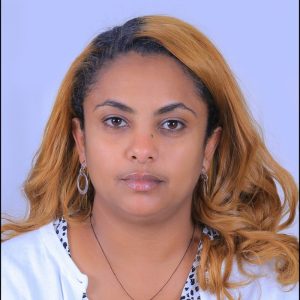
Feven Araya
Practice Expert

Feven Araya
Practice Expert
Feven Araya Haile is a women’s rights advocate and legal professional with extensive experience addressing sexual abuse, exploitation and harassment (SEA/H) within NGOs and civil society in Ethiopia. As Founder and Executive Director of the Ethiopian Women Rights Advocate (EWRA), she has led initiatives that strengthen institutional accountability, promote survivor-centred responses and build partnerships to combat gender-based violence. Her previous roles with the Ethiopian Women Lawyers Association, the Ethiopian Charities and Societies Forum and the Ministry of Women, Children and Youth further highlight her expertise in legal protection, advocacy, training and programme management. Recognised by the Embassy of Canada in Ethiopia as a change leader in the fight against gender-based violence, Feven continues to play a leading role in advancing gender justice and safeguarding rights across the sector.
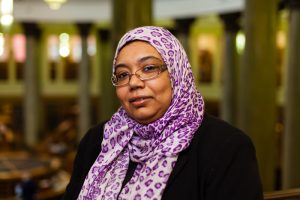
Dr Hiam Elgousi
Academic Expert

Dr Hiam Elgousi
Academic Expert
Hiam Elgousi holds a PhD in Islamic and Middle Eastern Studies from the University of Leeds., where her research explored the role and influence of contemporary Islamic scholars (Ulama) on Arab women’s rights, with a focus on Muslim women in Egypt. With over 15 years of experience in community development, research, and training across the Middle East and the UK, she has built a distinguished career at the intersection of advocacy, academia, and policy. A dedicated champion of gender equality and women’s empowerment, she has held a leadership role at the UN Women Regional Office for the Arab States, where she was appointed as Programme Manager to establish a Cross-Regional Think Tank for Gender Studies under WDO- OIC, and has contributed to a wide range of initiatives focused on education, health, and employment. She currently works as a consultant and research associate with numerous organizations in Egypt and the UK.

Dr Emily Setty
Academic Expert

Dr Emily Setty
Academic Expert
Dr Emily Setty is an Associate Professor of Criminology at the University of Surrey whose research focuses on young people’s digital and relational cultures, and relationships and sex education (RSE). Her work examines how young people navigate consent, power, vulnerability and peer norms across online and offline contexts, with particular attention to boys’ experiences of masculinity and relational uncertainty. She is the author of Reimagining Relationships and Sex Education: A Safe Uncertainty Approach (Emerald, 2024) and has led multiple national research and knowledge-exchange projects on harmful sexual behaviour, digital sexual cultures and safeguarding in schools. Her work informs policy, education and practitioner training.
Advisory Board
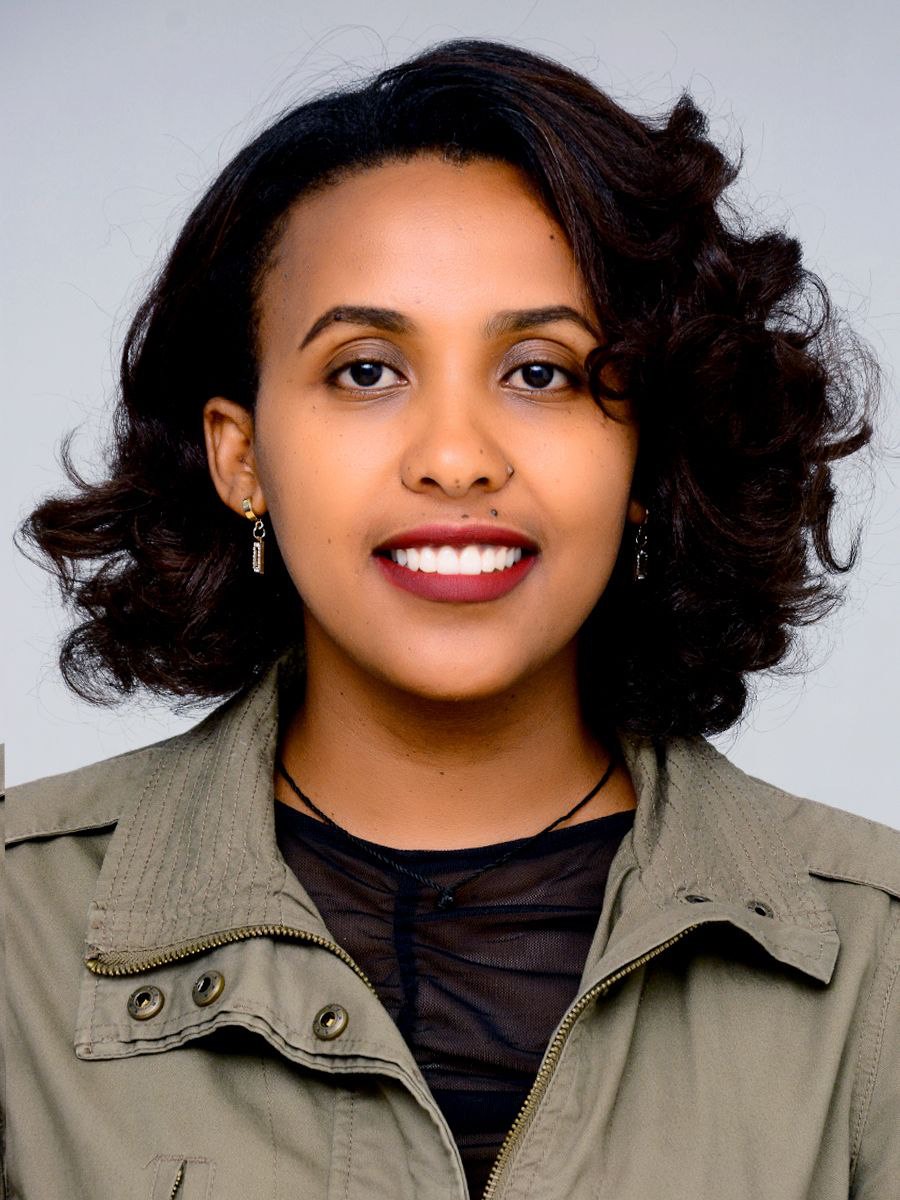
Birhan Gebrekirstos Mezgbo

Birhan Gebrekirstos Mezgbo
Birhan Gebrekirstos Mezgbo is a research assistant at the World Peace Foundation, a graduate student at the Friedman School at Tufts University, Boston, specializing in Humanitarian Affairs, Human Security, and Gender Intersectionality, and a human rights advocate. She is a fellow at DW Akademie and leads the “She Heals, We Heal” project in Tigray. Additionally, Birhan is the founder of the Fetli radio program, which advocates for the healing of sexual and gender-based violence (SGBV) survivors. She co-authored Tearing the Body, Breaking the Spirit (Independently published, May 10, 2023), a book documenting sexual and gender-based violence during the war in Tigray, Ethiopia. Additionally, she has published articles focused on conflict-based sexual violence in Tigray. Before these roles, Birhan was an academic staff member at Mekelle University. Her experience as a lecturer at Mekelle University and her humanitarian work position her as a strong advocate for the rights of women and girls affected by violence.
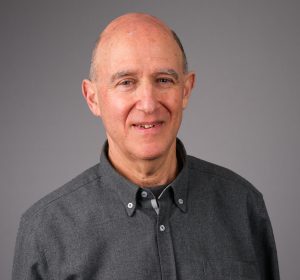
Professor Gene Feder

Professor Gene Feder
Gene is a professor of primary care at Bristol Medical School, also working one day/week as a GP in an inner-city practice. His research started with the health of Traveller Gypsies, followed by studies on the development and implementation of clinical guidelines, management of chronic respiratory and cardiovascular conditions in primary care and the epidemiology and health impact of domestic abuse. His current research focuses on healthcare responses to domestic abuse and other forms of gender-based violence globally. He is part of BRIGHT (Bristol Research on the Intersection of Gender Health & Trauma) and is the director of VISION, a national consortium of violence researchers focused on better measurements of violence and data linkage to improve prevention of violence and mitigation of its health and societal effects.

Professor Parveen Ali

Professor Parveen Ali
Professor Parveen Ali has a joint position at the University and Doncaster & Bassetlaw Teaching Hospitals (DBTH). Prof Ali is a Registered Nurse, Registered Nurse Teacher and Senior Fellow of Higher Education Academy and Fellow of Faculty of Public Health and Fellow of American Academy of Nursing. She is Editor-in Chief of International Nursing Review and editorial board member of Journal of Advanced Nursing and Journal of Interpersonal Violence. Her research focuses on GBV, DVA, inequalities in health related to gender and ethnicity, and health care professionals’ preparation. She is a mixed method researcher and has led and contributed to many projects around her research and teaching interests. She is an expert in developing and delivering effective and interactive face to face and online learning material. She is the developer and lead educator of Supporting victims of domestic violence and domestic abuse training game.
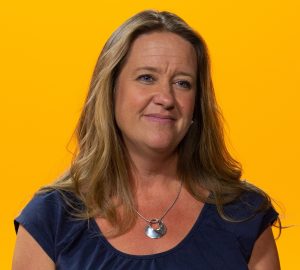
Bekah Legg

Bekah Legg
Bekah Legg is CEO of Restored, a Christian organisation with a mission to speak up about violence against women and equip the Church to stand against domestic abuse and support survivors. Restored provides support to an online community of more than 750 predominantly Christian women who have been subjected to domestic abuse and advocates for them within the church and government. Bekah has a Master's in Theology and writes and lectures on a biblical understanding of domestic abuse and gender-based violence. She has spoken on several occasions at the UN CSW about the critical role the Church can and does play in ending violence against women and girls.
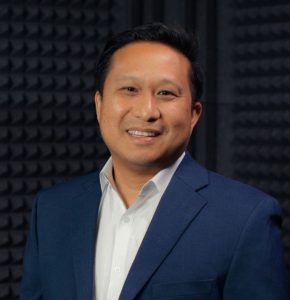
Dr David C. Wang

Dr David C. Wang
David C. Wang, Th.M., Ph.D. is the Cliff and Joyce Penner Chair for the Formation of Emotionally Healthy Leaders at Fuller Theological Seminary (Pasadena, CA, USA). He is also pastor of spiritual formation at One Life City Church (Fullerton, CA) and a licensed psychologist (drdavidcwang.com). His academic and applied work focuses on the holistic formation of Christian leaders, inclusive of the formation of emotional health and resilience alongside the leader’s intellectual and spiritual formation. He was the editor of the Journal of Psychology and Theology from 2017-2024 and conducts research on trauma and traumatic stress, spiritual formation and spiritual theology, and various topics related to multicultural psychology, peace, and justice. He also oversees research grants funded by the John Templeton Foundation, Templeton Religion Trust (on the human and spiritual formation of global and ecumenical Christian leaders; seminaryformationproject.com) as well as the Lilly Endowment (on mobilizing diverse local congregations to meet the spiritual and mental health needs of trauma survivors).
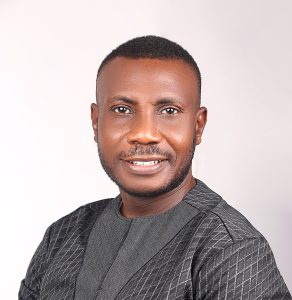
Obi Onyeigwe

Obi Onyeigwe
Obi Onyeigwe is a gender advocate and international development practitioner with over a decade of experience in women and youth empowerment, conflict prevention and gender justice across Africa. He is the Co-Founder of Youths for Peace Building and Development in Africa (YOUPEDA), a non-profit promoting peace, equity and sustainable development in underserved communities in hard-to-reach areas in Nigeria. Obi holds a Bachelor’s degree in Religious Studies and Human Relations from Nnamdi Azikiwe University, Nigeria, and a Postgraduate Diploma in International Relations and Political Science. He has led and co-managed international initiatives, including the Oxfam Novib SRHR/GBV youth project, https://nisa.youpeda.org/ and the UN Women/Oxfam “Edutainment” campaign. A key advocate for UNSCR 2250, Obi also co-edited "Youth in Africa: Agents of Change" and contributed to "War and Peace in Africa". His work, featured by Africa Knows, Disrupt Development, and Lobisti.rs, champions grassroots innovation, gender equity, and sustainable peace. He is currently a Co-Lead in Disrupt Development’s Disruptive Den-an innovation and laboratory hub for the Post-growth movement in international development.
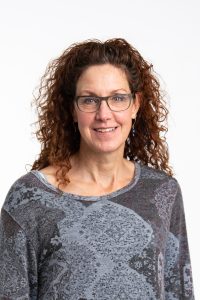
Professor Cathy Holtmann

Professor Cathy Holtmann
Cathy Holtmann is Professor and Chair of the Sociology Department and the academic chair of the Religion and Violence research team of the Muriel McQueen Fergusson Centre for Family Violence Research at the University of New Brunswick in Canada. Her areas of expertise include religion and gender, family violence, and immigrants. Cathy collaborates with members the Arabic Cultural Centre and the Muslim Resource Center for Social Support and Integration on the Muslim Family Safety Project in Fredericton, New Brunswick. She is a co-investigator with the Canadian research team on the project “Violence Against Women Migrants and Refugees: Analyzing Causes and Effective Policy Response”. She is a co-author of Sacred Snaps: Photovoice for Interfaith Engagement (Routledge, 2025) and a co-editor of Ending Gender Based Violence: Harnessing Research and Action for Social Change (Captus Press, 2023).
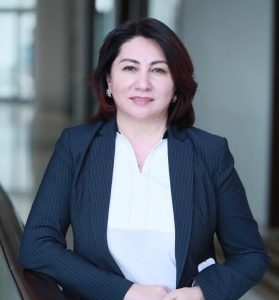
Dr Gulbakhor Makhkamova

Dr Gulbakhor Makhkamova
Dr Gulbakhor Makhkamova, PhD, MBA, is Chair of the Board of Directors of the National Association of Business Women of Tajikistan (NABWT) and the Crisis Center and Shelter “Gulrukhsor.” A gender equality and women’s empowerment expert with over 30 years of experience, she leads initiatives addressing gender-based and domestic violence, economic inclusion, and women’s leadership. Dr. Makhkamova has founded several sustainable institutions in Tajikistan—public, educational, and microfinance—strengthening women’s rights and financial independence. She has authored four monographs and over 25 publications on gender, inclusion, and development. As a member of FIRN, she led research on Technology-Facilitated Gender-Based Violence (TFGBV) in Tajikistan, advancing culturally informed approaches to gender justice and systemic prevention.
Our Story:
Replicating the Project dldl/ድልድል Model®
The Institute for Domestic Violence, Religion & Migration (IDVRM) builds on the research and intervention model developed and implemented by Project dldl/ድልድል to redress inequalities and biases in international gender-based violence research and practice that neglected non-western voices and worldviews. The model centres domestic violence research and practice on cultural and religious sensitivity, interdisciplinarity and genuine co-creation with diverse community stakeholders. It was developed by Dr Romina Istratii informed by personal experiences with domestic violence, religion and migration and long-term anthropological research and trust-based partnerships in Africa. The model was piloted with UKRI funding between 2020 and 2024 in Ethiopia and the UK and has generated significant impacts that have been recognised through numerous awards and recognitions.
The main components of this model are presented in the graph below:

Copyright © 2025 Dr Romina Istratii
Inspired by the ethos and aims of Project dldl/ድልድል, the Institute of Domestic Violence, Religion & Migration seeks to:
- Employ, refine and scale up and out the Project dldl/ድልድል Model® of collaboration and co-creation in domestic violence responses
- Continue to promote the decolonial ethos guiding the approach of Project dldl/ድልድል to achieve culturally relevant and locally led responses in communities internationally
- Share the Project dldl/ድልድል Model® and better integrate the lessons learned and evidence produced into policy and practice
- Promote stronger bridges between religious and secular stakeholders at both practice and policy level
To find out more about the impact achieved through Project dldl/ድልድል, read the Impact Case Studies available on our website.
Our Partners and Collaborators
At IDVRM, we start from the recognition that complex global problems cannot be addressed without transboundary knowledge-sharing and cross-sectoral collaboration.
We create partnerships and collaborative projects with organisations that are deeply embedded in the community and share our decolonial commitments. Our partnerships are built on collegiality, trust, mutual respect and shared values.
Below we list organisations whom we have developed collaborative projects with or are currently working on collaborative ideas and exploring synergies with.
